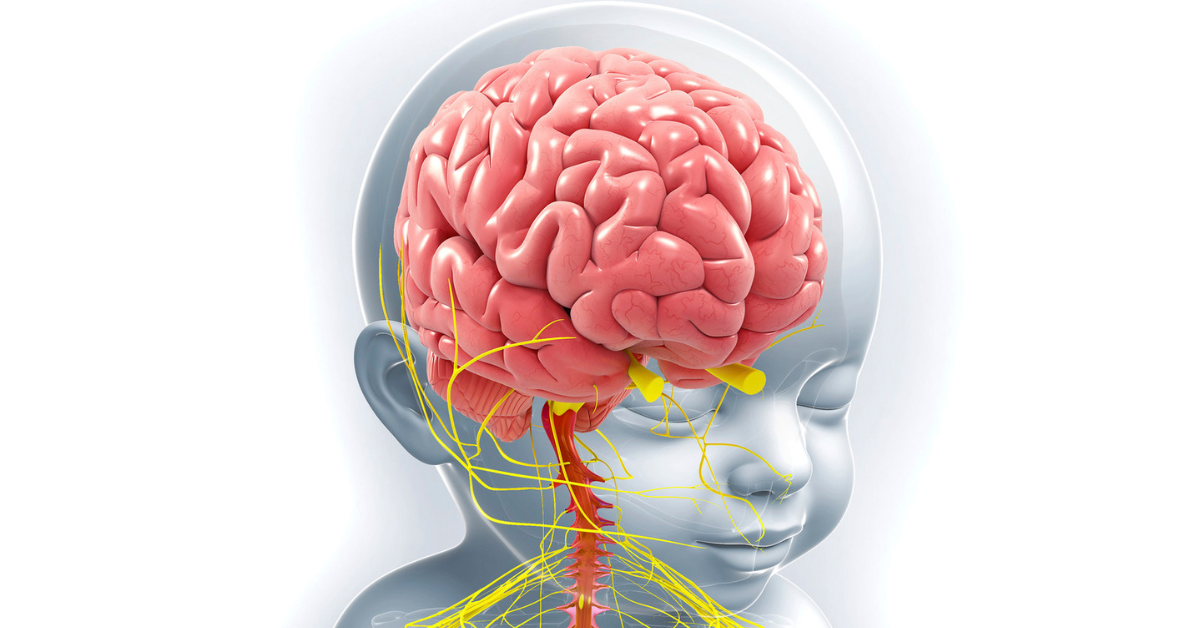What is bulimia?
Bulimia is a type of eating disorder. It can be said to be a mental illness which influences how person things about food and their body image. When a person suffers from bulimia, they usually undergo cycles of binging and purging.
In this article:
Binging is that the person eats a lot of food, almost excessively at the time. This is followed by purging in with the person feels guilty about overeating. The person tries vomiting, taking laxatives or enemas to prevent the food from getting absorbed in the body. In their mind, they are doing so to avoid gaining weight or any unhealthy consequences of over eating. These cycles of binging and purging keep on occuring repeatedly in bulimia.
What causes bulimia?
There is no specific cause for bulimia. It is caused by a combination of multiple factors influencing genetic, social, environmental and cultural factors. It is not a choice that the child is making to have bulimia. It is not something which they can control at their free will.
Can children have bulimia?
It is most common for teenagers or women in their early 20 to suffer from bulimia but any age group can suffer from bulimia including young children as well. Even though it is said to be a disease of the female gender, it is complete myth. Even young boys and teenage boys can suffer from bulimia.
What signs and symptoms would I notice if my child has bulimia?
You will notice a couple of alarming things which can point towards bulimia in a child. It will include social, physical and behavioural patterns. Some things which you might notice if you child has bulimia are:
- The child disappears after meals into the restroom often with water running for extended amounts of time to cover the sound of vomiting.
- The child hoards food.
- The child does not want to eat in public or has anxiety about having meals in public.
- The child withdraws from social gathering which includes meals.
- The child excessively talks about eating and its effect on the body.
- The child has an unhealthy obsession with exercising excessively.
- The child may be socially withdrawn.
- The knuckles of the child may be torn or bruised due to inducing vomiting repeatedly.
- The child may be using laxative pills repeatedly.
- The child may be over eating at times and avoiding food completely at other times.
How is bulimia managed?
Management of bulimia incorporates multiple approaches at the same time. There are nutritional therapies which focus on creating a diet plan for the child which will help them have a healthy weight and allow adequate great nutrition for the child; Nutritional counselling with a registered psychiatrist or councillor to provide therapy to your child. Certain medications might be prescribed if your child has been diagnosed with anxiety or depression. Concurrently, your child we need to be hospitalised if there are severe complications.
How can I help as a parent?
- Try to be patient when your child is undergoing treatment for bulimia.
- Do not body shame or fat shame your child.
- Set regular meal times and encourage healthy eating.
- You can consider therapy for your child.
- If your child has been diagnosed with anxiety or depression, you should have the child get proper treatment.
- Be a role model for the child. Do not criticize your own body weight.
- Identify bulimia triggers for the child which maybe related to stress or bullying.








